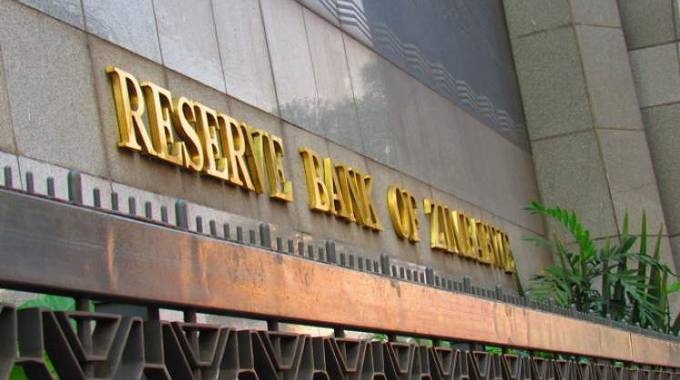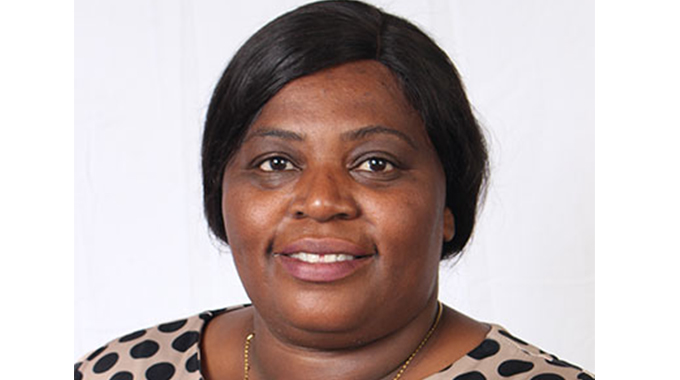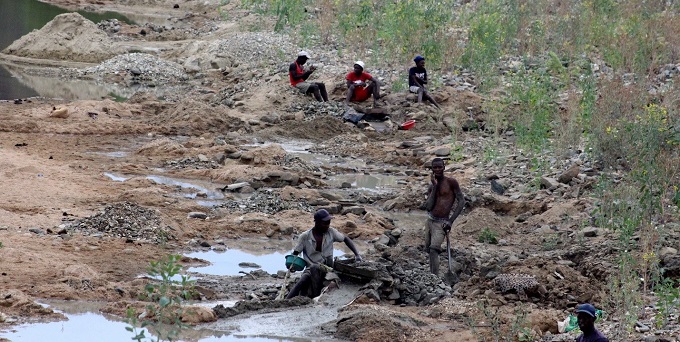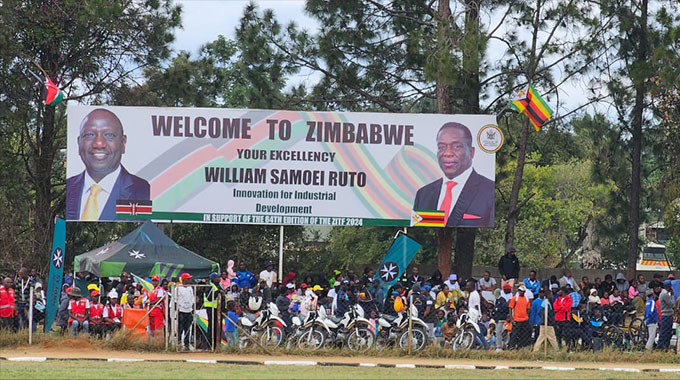EDITORIAL COMMENT: RBZ must move with speed to introduce more cash in circulation

It has been a long time coming, but more cash that will be soon introduced in circulation by the Reserve Bank of Zimbabwe (RBZ) will be most helpful.
For a few years, the public has been battling the inconvenience of transacting in a market that is acutely short of hard cash. Most of them are being forced by circumstances to transact online, on their mobile phones or swiping but none of these modes of payment compares with physical cash in terms of convenience and cost- effectiveness.
As a result of the shortage of notes and coins, some people with access to cash are selling it at high premiums. If, for instance, one needs $100 in cash and they have money in their mobile wallet or bank account, they are made to transfer something like $150 to the trader’s account to get the $100 in cash.
Also, some businesses have different prices depending on the mode of payment their customer uses. The cash price is normally lower than alternative methods — the RTGS$ or mobile money.
Those who are reluctant to buy cash or to pay more than the marked prices are spending so much time queuing at banks to withdraw cash. Often the waiting ends in frustration as banks almost always have no money to give depositors. Those that do, only allow withdrawals of $50 per day.
To correct that anomalous situation, RBZ Governor Dr John Mangudya, presenting the 2019 Mid-Term Monetary Policy Review Statement themed “Transition to Normalcy” on Friday, signalled the Government’s intention to increase cash in circulation.
This, he said, was after the central bank realised that shortages of cash were excluding the informal sector, senior citizens and rural folk from fully participating in the economy. More cash in circulation will also eliminate arbitrage opportunities that have given rise to a multi-tier pricing system and trade in cash. Tourists were facing immense challenges too as a result of the cash shortage.
“Failure to get cash is undermining the confidence in the local currency, as well as forcing economic agents to resort to the illegal transactions in foreign currency and to selling cash at a premium,” Dr Mangudya said.
“Accordingly, without prejudice to our cash-light society drive, which has served the country very well, the bank will continue to inject additional notes and coins on a gradual basis, to support productive (sectors) and lessen the inconvenience caused by physical cash shortages to the transacting public.”
Dr Mangudya and his team are implored to move with speed to get more money into circulation so as to remove the burden of transacting in what some have described as an overly cashless economy.
Dr Mangudya reported in February last year that monetary transactions in the local economy were in 2017 dominated by electronic payment systems with more than 96 percent of them having been conducted through plastic, internet and mobile money.
Presenting the 2018 Monetary Policy Statement, he said the growth in the use of plastic money, away from cash transactions, was phenomenal to the extent that $97,5 billion – from the one billion transactions – processed in the entire economy in that year were through electronic and mobile banking systems.
We don’t think there has been a slowdown in the contribution of electronic payments to local trade since then. In fact, their contribution may have increased.
These high figures have placed our country high on the list of economies relying less on cash and moving towards mobile payments, swiping and online transfers. We are happy with that, but at the same time, we are of the view that that record should not be enforced by a shortage of cash.
The transacting public must be able to decide if they want to carry wads of cash on them or to swipe when buying whatever they want to. Depositors wishing to withdraw money from banks must be able to do so, of course, subject to relevant regulations. In other words, they must be free to choose the way they want to pay for goods and services, not to go cashless because of necessity.
The move by the RBZ is a big step towards achieving a balance on cash availability on one hand and promoting the use of alternative methods of payment on the other.
While more cash will soon be pumped into the economy, we are assured that the injection will not result in an increase in money supply, which, if that were to happen, would present its own set of challenges. Banks will use their existing RTGS$ balances to exchange for cash which must be between 10 percent to 15 percent of broad money supply.










Comments